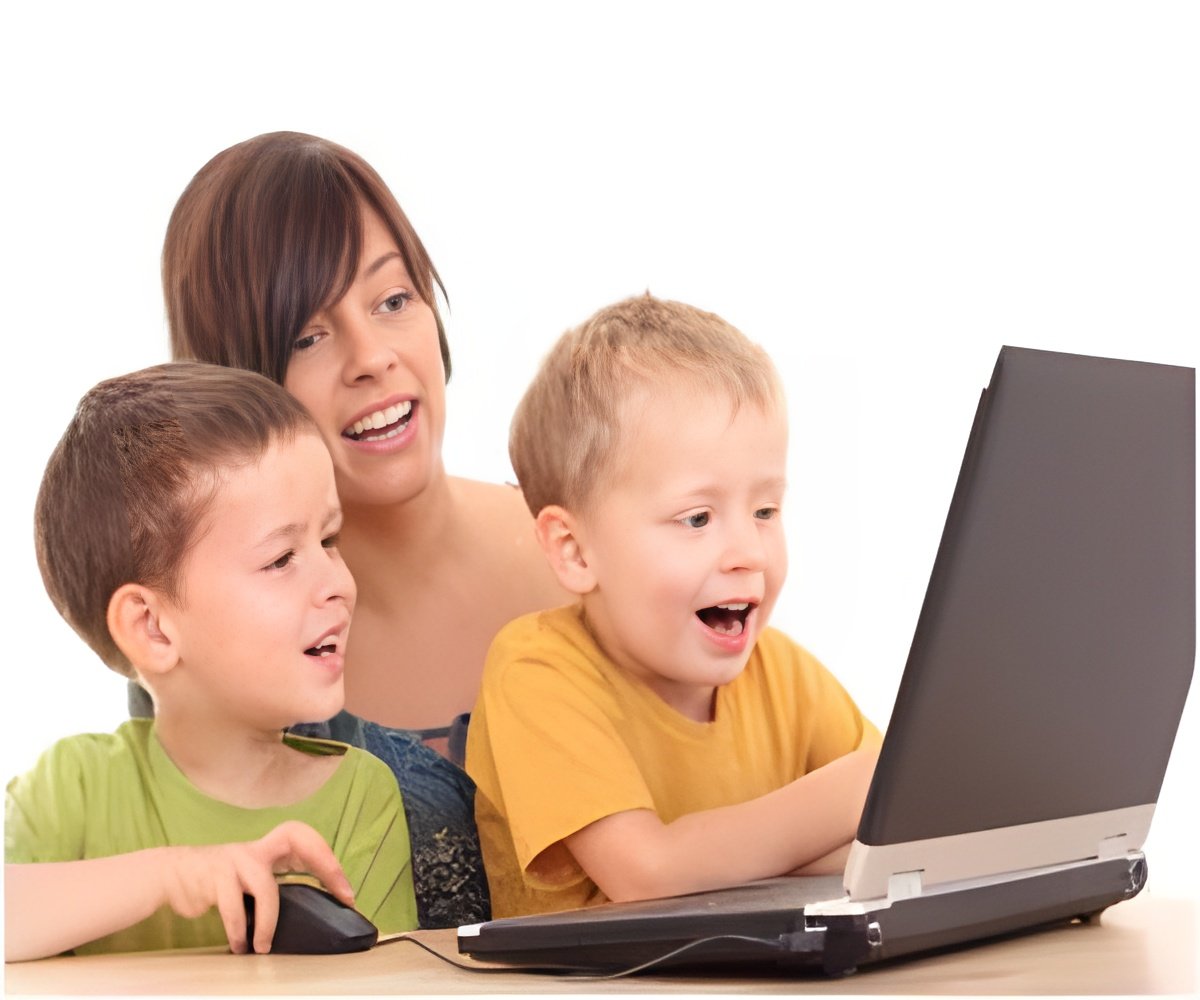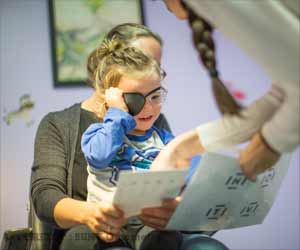
‘Experts are also discussing the importance of ergonomic learning spaces, the need for sensory diets and physical activity to create an environment of healthy learning for children.’
Tweet it Now
The study 'Taking care of children as they learn from home' by Godrej Interio revealed that 52 per cent of the children had daily online classes while 36 per cent had classes four times a week and as a result, over 4 in 10 children complained of eye strain issues. NCR-based Ankit Aggarwal, an IT professional and father to a five-year-old, tells IANSlife: "During Covid, shift to virtual classrooms has fully changed the kids' lifestyle. There is almost a 90 per cent decrease in physical activities of kids. Building basic behaviours like sharing, caring, leading, self-confidence and being social are big tasks now as kids are not going out of home. My child often wakes up asking when she will go to school, and says she misses going in the bus. It will be really difficult for them to keep up with school timings now. As parents, we find activities to keep her engaged throughout. We have also introduced yoga in her routine that helps her reduce anxiety."
Fatema Agarkar, Founder of Agarkar Centre of Excellence (ACE), said in a webinar this week: "Virtual School enabled 'learning' to continue despite all odds, building on important skill development, not to mention academic targets, and for most progressive families and schools, it became a year of adaptation as homes transformed into 'schools' and schools embraced tech platform to empower students. Adjustments, and building capacities and capabilities became the order of life, and this new normal enabled plenty of re-thinking, and re-design and for most parts was about balance. Looking at it as opportunities to grow rather than be bogged down with challenges and ditching some 'traditional' beliefs meant learning was continuous. For me, striking the right note, and being flexible and open-minded has defined the journey for families that have coped and schools that enjoy parental support."
According to Sameer Joshi, Head -- Associate Vice President, Marketing (B2B), Godrej Interio, said, "Owing to the precarious pandemic situation, today, parents and children have been forced into home-schooling and this is likely to carry on for a while. However, as safe as this new model of education is, it is equally challenging in certain ways. Parents often find their children hunched over a laptop computer screen to attend lectures and complete their assignments. This lack of infrastructure, coupled with awkward postures adopted while studying and limited physical activities impose health risks on children at a very young age. Fifty-three per cent of the children we surveyed in our whitepaper 'Taking Care of Children as they Learn from Home' felt tired at the end of the day due to online classes."
"The edtech industry is seeing major transformations and value-adding in the current pandemic situation by providing cloud-based learning simulators, writing apps and online classrooms. The edtech industry has changed the perception of the online medium, now millions of students are downloading educational apps for updates and to upskill. Digital education will be adaptive in the coming years and will be an active part of the education system," said PS Moorthy, CEO, iTeltronics, which is the maker of IMC Digital Technology Awards--recognised iScribe, that gives 'Chalk and Talk' experience using normal pen and paper to teachers and students during virtual classes. "While technology cannot replace teachers, it creates the physical classroom experience even in virtual classes."
Advertisement
Source-IANS









